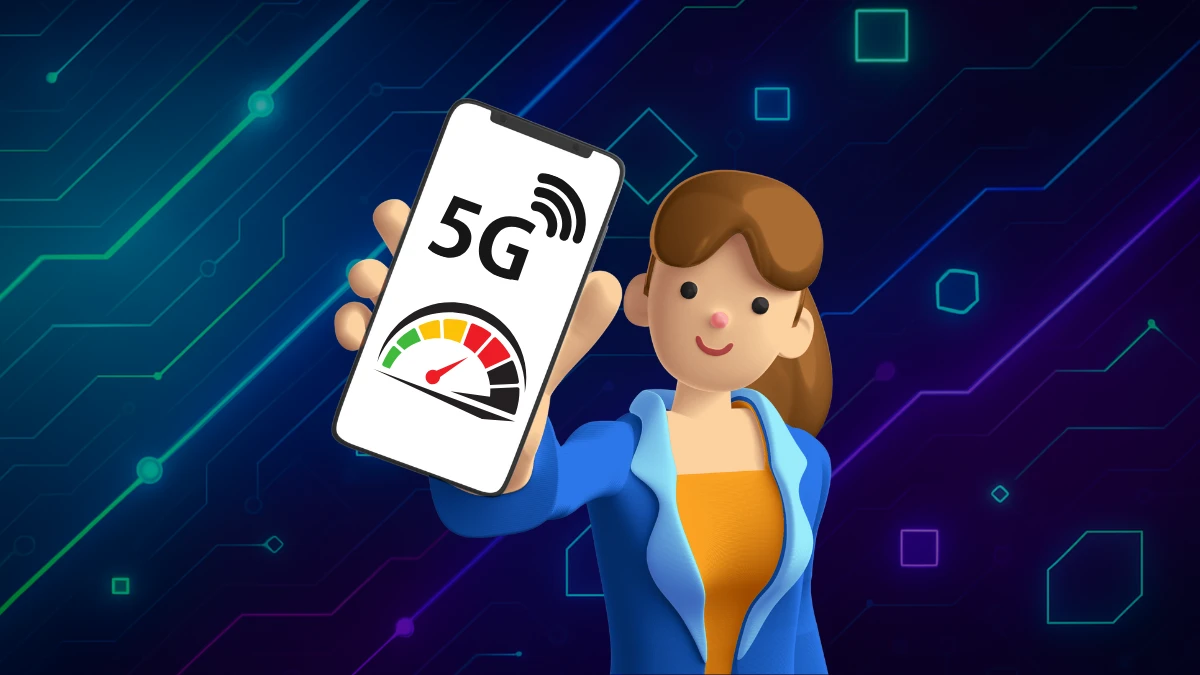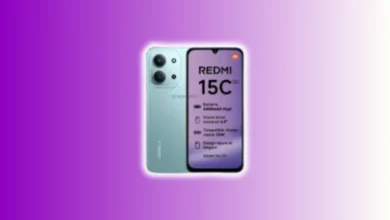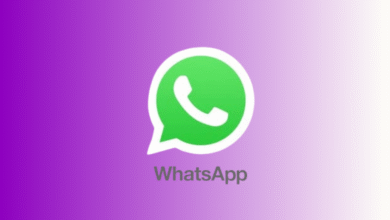
Slow mobile internet can create big problems every day. Many Android users often face this same problem regularly. A bad network slows down your apps and work.
Videos stop playing, pages don’t load, and you get frustrated. Try these tips to fix your network speed on Android phones before calling customer care or buying new plans.
Key Takeaways:
- Restart, reset network settings, or clear cache to quickly fix slow internet.
- Check SIM card, signal strength, and disable background data for better speed.
- If nothing works, contact your telecom provider or upgrade your phone.
Simple Tips to Fix Your Network Speed on Android Phone
Restart and Reset
Restarting your phone is one of the easiest fixes. Just press the power button and tap Restart. If there is no Restart option, power it off completely. Wait for a minute, then turn it back on. You can also use Airplane mode to refresh the network. Turn it on, wait, and turn it off again.
Resetting your phone’s network settings is another great step. It removes saved Wi-Fi and Bluetooth connections. It resets all mobile and network-related options quickly. On Android phones, open Settings > System > Reset options. Select “Reset Wi-Fi, mobile & Bluetooth” and confirm the reset.
This helps remove bugs and reconnect better to networks. Once done, you may have to reconnect Wi-Fi. But it often fixes long-term mobile data issues too.
You can also try removing your SIM card carefully. Switch off your phone before removing the SIM tray. Use a paperclip or SIM tool to open it. Clean the SIM gently and insert it again. Turn on the phone and check internet performance.
Also Read: How to Find and Cancel iPhone, Mac or Android App Subscription
Location, SIM, and Signal Strength
Where you are affects your phone’s internet speed. If you’re inside a concrete building, signals get weak. Basements and lifts are often the worst for data use. Move closer to a window or go outside. Being in open areas improves your mobile signal strength fast.
Sometimes, bad network speed is caused by nature too. Hills, rain, mountains, or trees can block mobile signals. In such areas, try to move to a flat surface. If needed, drive a few kilometers to check changes.
Check if others near you have the same issue. If yes, then your location is the problem. Try calling from another place or waiting till the signal improves.
Check your SIM card also if speed is poor. If your SIM is old, ask for a new one. Telecom companies update their SIM cards often for better speed. Replacing it may help you get 4G or 5G speed.
Also Read: Android 16 Beta 1 Out Now with Live Updates, Tablets Optimization & More!
App, Data, and Cache
Many apps run in the background and use data. These apps slow down your phone and internet too. You should check which apps use extra data daily. Go to Settings > Network & internet > App data usage. Select an app and turn off Background data option.
Apps like Facebook, YouTube, and Instagram use heavy data. Turn off auto-play or auto-sync to save speed. Disable any app you don’t use regularly.
Old apps can also cause slow mobile performance. App developers fix bugs through updates. So, update all apps from Play Store. Open Play Store, tap your profile, and select “Manage apps.” Click on “Update all” to get the latest versions.
Clear your app and browser cache regularly. Stored data fills your phone memory and causes lag. Open Settings > Storage > Cached data and clear it. Also, clear cache in browsers like Chrome, Firefox, etc.
Close background apps to reduce data and memory use. Go to recent apps and swipe them off. You can also go to Settings > Apps > select app > Force Stop.
Also Read: A Quick Guide to Block Someone on Facebook in 2024 (Android/ iOS/ Web)
Data Mode, VPN, and Network Settings
Phones have special modes to reduce mobile data use. But they may slow your internet connection as well. On Android, this is called “Data Saver” mode. Go to Settings > Network & internet > Data Saver. If it’s on, switch it off immediately.
Low Data Mode blocks auto-sync and delays images loading. If this mode is on, you will feel the slowness. It saves data but affects your overall internet speed.
If you’re using a VPN, it may also be the reason. VPNs add extra layers between you and websites. This can slow your mobile data significantly. Disconnect your VPN and check your internet speed again.
If speed improves without VPN, you found the issue. Only use VPN when needed for privacy or security. Otherwise, turn it off for better speed.
Also Read: Best Ways to Download YouTube Videos on Android: A Complete Guide (2024)
Check for Limits, Updates, and Outages
Your mobile plan may have a daily data limit. If you finish your data, the speed goes very low. Even unlimited plans have a soft data cap. After that, your speed gets reduced or deprioritized.
Check your data usage in the Settings > Data Usage. You can also check it in your telecom app. If your data limit is over, recharge with a booster pack. Or wait for your billing cycle to reset again.
Check your phone’s software regularly for new updates. Updates fix software problems and improve internet connection. Go to Settings > System > System update. Download and install if a new update is available.
Make sure all your apps are also updated regularly. Outdated apps and old software slow the phone down. This affects internet speed and performance badly.
Network outages can also cause slow mobile data. Sometimes telecom companies face signal issues or maintenance. You can check outage maps using the Downdetector website. It shows areas where users are reporting issues.
You can also search on Twitter or other social media. People usually report such issues immediately online. You can also ask your telecom provider directly on Twitter.
Also Read: How to Use Android Recovery Mode to Fix Common Issues: A Complete Guide
Try Final Steps If Nothing Works
If all tricks fail, it’s time to call support. Call your telecom provider’s customer care number directly. They may ask you to repeat some steps again. Explain that you already tried restarting and resetting.
You can also request for a new SIM card. Ask them to check your area’s signal problems. They might guide you with more tips or check settings.
Also, check if your phone supports 4G or 5G properly. Very old phones can’t support high-speed networks. You may need to upgrade the phone for better speed.
Sometimes, only your network provider can fix the issue. That’s why calling them is your final solution.
Also Read: How to Back Up & Restore WhatsApp Chats Using Android/IOS: All Methods Revealed!
Wind Up
Fixing slow mobile data is not always very hard. These tips to fix your network speed on Android phones can solve most issues easily. Restart your phone, clear cache, and update software.
Check your location, data usage, and app background data. Try these steps and enjoy smooth and fast internet every day:
Important FAQs
-
Why is my Android phone internet so slow?
Weak signals, background apps, old SIM cards, data limits, outdated software, or network outages can slow your internet.
-
How can restarting or resetting fix network speed?
Restarting refreshes the network connection, while resetting network settings removes bugs and reconnects to towers for better speed.
-
Can my SIM card affect internet speed?
Yes, an old or damaged SIM may not support 4G or 5G. Replacing it often improves mobile data performance.
-
Do background apps reduce my internet speed?
Yes, apps like Instagram, YouTube, and Facebook use background data, slowing browsing and streaming. Disabling background data helps.
-
What should I do if nothing works?
If nothing improves speed, contact your telecom provider. They can replace your SIM, check for outages, or suggest better solutions.
Published By: Roy
Publishing Date & Time: 25 August 2025, 03:20 AM IST








